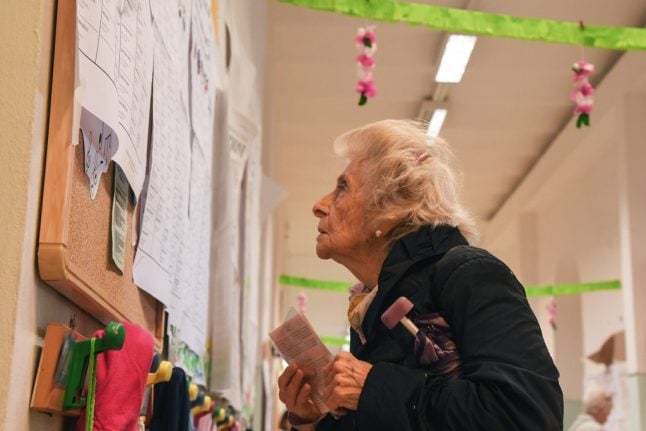In a second round of voting the city of Ferrara swung right for the first time since 1950, while Forlì ended 50 years of leftwing governance. Both are in the region of Emilia-Romagna, the heart of the traditional 'red belt' of leftwing voters across northern-central Italy that has shown drastic erosion in recent elections.
Matteo Salvini, head of the League and Italy's prominent deputy prime minister, called the victories “extraordinary”. They come on the heels of triumphant European elections two weeks ago in which his party won more than a third of the vote.
Straordinarie vittorie della Lega ai #ballottaggi, abbiamo eletto sindaci dove governava la sinistra da settant’anni!
— Matteo Salvini (@matteosalvinimi) June 9, 2019
In total, his coalition – which also comprises the centre-right Forza Italia and far-right Brothers of Italy – added an extra seven provincial capitals to its tally after Sunday's run-off vote, including Pavia and Biella in the north, Pescara in the centre and Vibo Valentina in the south.
Combined with the first round of voting two weeks ago, that leaves the centre-right in charge of 12 provincial seats.
READ ALSO: How Italy's migrant model town Riace veered far-right

Photo: Alberto Pizzoli/AFP
The centre-left, meanwhile, has 14, having taken Rovigo in Veneto from the centre-right and Livorno in Tuscany from the anti-establishment Five Star Movement but lost six mayors. Most of its wins were 'holds' in places where city hall was already controlled by the left, including Florence, Bari, Prato and Reggio Emilia.
“Great victories and great holds,” commented the head of the Democratic Party, Nicola Zingaretti, which leads Italy's progressive opposition.
“There's an alternative to Salvini and it's a new centre-left. And this is only the start.”
Belle vittorie e belle conferme. Grazie a tutte e tutti. Grazie a chi ha combattuto. L'alternativa a Salvini c'è ed è un nuovo centrosinistra. E siamo solo all'inizio #ballottaggi
— Nicola Zingaretti (@nzingaretti) June 9, 2019
The Five Star Movement, which governs in coalition with the League but runs against it in elections, won the one and only provincial capital where it was still in the running after a disastrous first round: Campobasso in Molise.
In total 136 towns and cities voted in Sunday's second round, out of 3,778 that took part in the first round on May 26th. Neither of Italy's biggest cities, Rome and Milan, were involved, following a different electoral schedule that will see them next elect a mayor in 2021.
Turnout on Sunday was down by around 16 percent: 52.1 percent of voters came back for the run-off, compared to 68.2 percent in the first round.
READ ALSO:



 Please whitelist us to continue reading.
Please whitelist us to continue reading.
Member comments